Resources
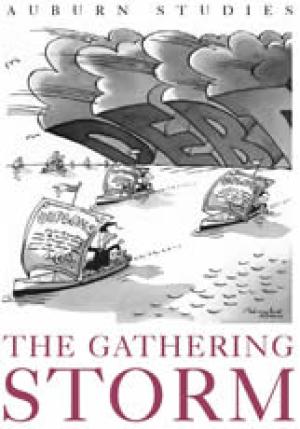
This issue on the educational debt of theological students revisits a topic first studied ten years ago by the Auburn Center for the Study of Theological Education. The 1995 report found that debt was indeed becoming a problem for a significant, although small, proportion of students. A majority of students now carry educational debt, and they are borrowing larger amounts than in the past. As a result, many theological school graduates report that their level of debt is affecting their career choices, holding them back from purchasing homes, preventing them from saving for their children’s education, limiting their retirement savings, causing them to delay health care needs, and creating stress in their personal and professional lives. Some students, schools, denominations and congregations have, in response to the signs of impending trouble, found ways to keep debt under control. All resources of the church—educational, institutional, theological, financial—need to be brought to bear to avoid the gathering storm of debt that threatens the next generation of clergy and lay church professionals. (From the Publisher)
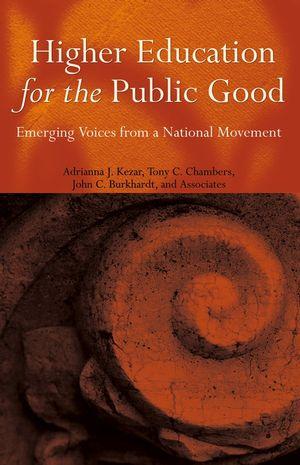
This important resource describes how higher education contributes to the public good and offers suggestions for how leaders can enhance their contribution through new policies and practices. Higher Education for the Public Good draws on the experiences of individuals and groups from a wide-variety of campuses throughout the country. The information was gathered at various dialogues hosted by the Kellogg Forum on Higher Education for the Public Good. In addition the book suggest ways that leaders can constructively engage in a debate about the pubic good with the public, legislators, and among institutional members of high education. (From the Publisher)
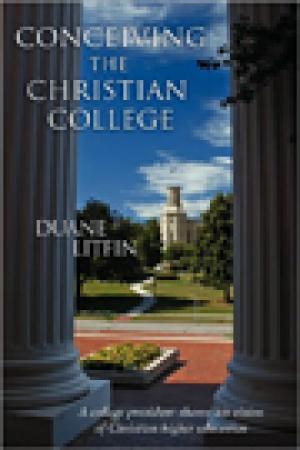
This book is designed to help those who are interested in Christian higher education explore anew the unique features, opportunities, and contemporary challenges of one distinct type of educational institution - the Christian college. What distinguishes Conceiving the Christian College from the many other books on this subject is its incisive discussion of a set of crucial ideas widely misunderstood in the world of Christian higher education. Now serving in his eleventh year as president of one of the nation's foremost Christian colleges, Duane Litfin is well placed to ask pressing questions regarding faith-based education. What is unique about Christian colleges? What is required to sustain them? How do they maintain their bearing in the tumultuous intellectual seas of the twenty-first century? Litfin's themes are large, but they are meant to refocus the conceptual challenges to Christian education in ways that will strengthen both the academic environment of today's Christian colleges and their impact on culture at large. (From the Publisher)

This book offers a close-up look at theological education in the United States today. The authors' goal is to understand the ways in which institutional culture affects the outcome of the educational process. To that end they undertake ethnographic studies of two seminaries - one evangelical and one mainline Protestant. These studies, written in a lively journalistic style, make up the first part of the book and offer fascinating portraits of two very different intellectual, religious, and social worlds. The authors then go on to examine these disparate environments and suggest how, in each case, school culture acts as an agent of educational change. This unique and practical study should be of great interest to both students and scholars of American religion, to theological educators, and to educators generally. (From the Publisher)
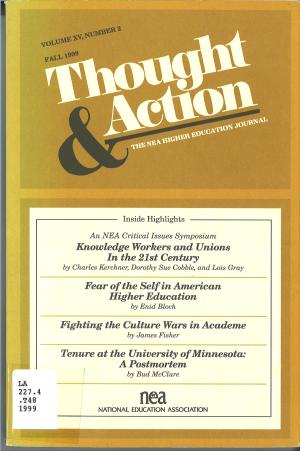
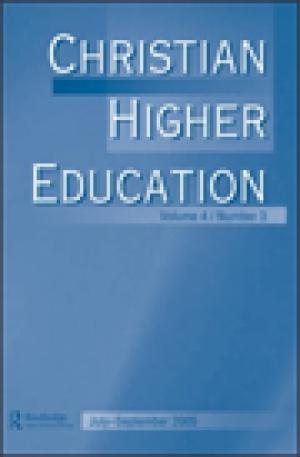
Journal Issue.
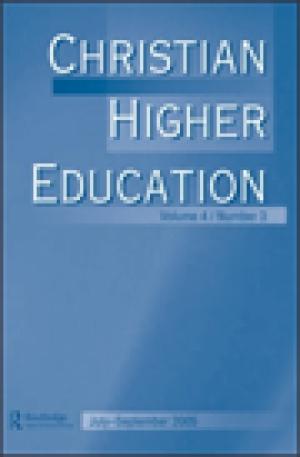
Journal Issue.
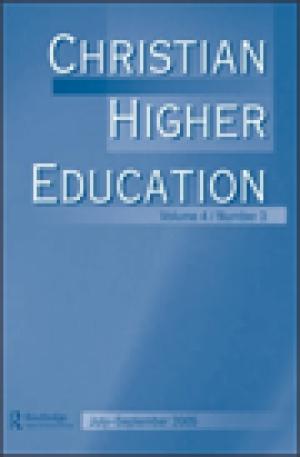
Journal Issue
The author builds his foundation for teaching reform on an idea of teaching that emphasizes comprehension and reasoning, transformation and reflection. He discusses (1) sources of teaching knowledge, (2) conceptualizations of these sources, (3) processes of pedagogical reasoning and action, and (4) implications for teaching policy and educational reform.
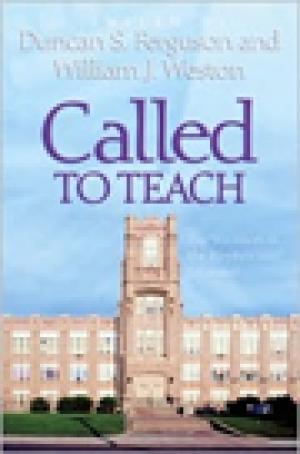
Presbyterian educators Duncan Ferguson and William Weston argue that the calling to teach in higher education is distinctively Reformed and a primary mission of the Presbyterian church. This collection of essays first lays the biblical, theological, and historical foundations for this calling, then explores how it is lived out today in educational institutions -- church-related as well as secular. Concluding that today's church must have the nurture of the teacher as a central part of its mission, Called to Teach will be a welcomed resource for all those who have the vocation of teaching. (From the Publisher)